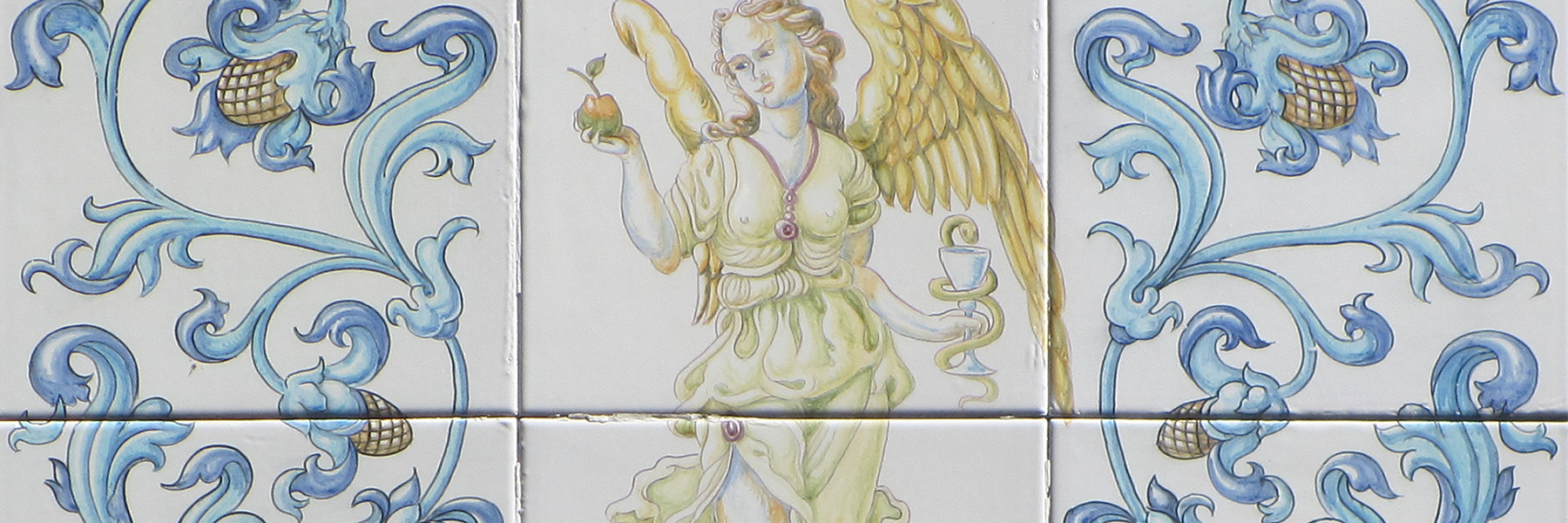
As we reach the final stages of the Reading Bodies grant, here are some reflections on the shape, scope and challenges of the project over the last 20 months:
This AHRC-funded multilingual project has sought to address the under-representation of Hispanic Studies research in the wider field of Medical Humanities. To achieve this objective, the project has facilitated exchanges with specialists working on literary and cultural representations of health and illness in French, Portuguese, Italian and German Studies. It includes the following highlights:
Year One
- Established an international Reading Bodies Research Network with specialists in the UK, Europe and USA, through regular online meetings to facilitate the exchange of ideas and perspectives.
- Held academic workshops in 2024 at the Institute of Languages, Cultures and Societies (University of London) and University of Exeter;
- Contributed to the Multilingual Medical Humanities series of The Polyphony;
- Established partnerships with arts and cultural organisations, writers, artists and health professionals;
- Developed an extended Special Issue with the Journal of Romance Studies on ‘Reading Bodies: Narrating Illness in European Literatures and Cultures (1870s to 1960s and Beyond)’, forthcoming in Autumn 2025.
- More information on outputs can be found here.
Year Two
- Hosted creative workshops and public engagement activity in Exeter and London, leading to the Reading Bodies: Burnout, Overload and Resilience anthology (2024);
- Shared our research impact via the University’s Public Engagement with Research blog and University News;
- Held an ‘in conversation’ online event about writing bodies and health with acclaimed author Sarah Moss. This interview aimed to establish connections between research on literary representations of health and illness in the late 19th and early 20th centuries and their relevance in the present day;
- Disseminated our research findings via conferences such as the Association of Hispanists of Great Britain and Ireland, Edinburgh University (April 2025) and Northern Network for Medical Humanities Research 2025 Congress on ‘TONGUES: Medical Humanities across Linguistic and Cultural Frontiers’ (May 2025).
If you’re interested in learning more about these activities and the wider field of Multilingual Medical Humanities, please follow our Reading Bodies Multilingual Network on Bluesky.








